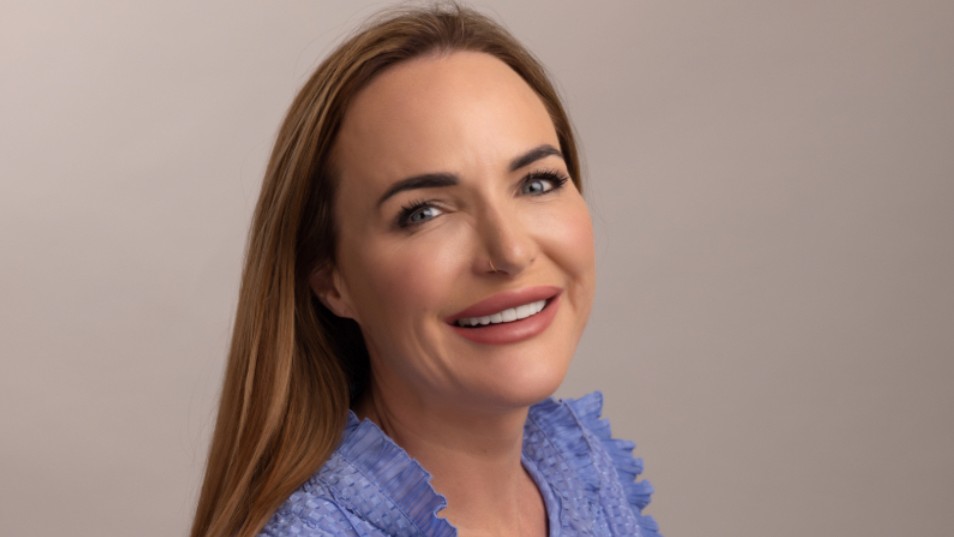We chat to Nicola Wood who confronts the reality of hair loss and transforms the wig experience in the UK.
"I’ve been a hairdresser for as long as I can remember, running a busy suburban salon on the outskirts of Sunderland. We were part of the community, if someone couldn’t get to us, we’d go and collect them. Supporting local people has always been at the heart of what we do. But when I was 36, my world changed. I was diagnosed with breast cancer and suddenly found myself in hospital every day. As a hairdresser, I’ve always noticed hair everywhere I go, but being surrounded by women who had lost theirs was overwhelming. I saw how much confidence disappeared with their hair, how people treated them differently if they were wearing a wig or not.
One day I had what I can only describe as an epiphany. I’d spent my career making women with hair feel beautiful, but what about women without hair? That moment gave me a new purpose. When we lose our hair, four things happen (I’ve done a TED Talk on this, so go check it out). We lose our identity, it’s how we connect with the world and how others connect with us. We lose our femininity, for centuries, hair has been tied to beauty in women. We lose control, especially during cancer treatment, where the future already feels uncertain. And finally, the impact ripples through to our families. For mothers, sisters, and daughters, the change can be heart breaking.
I’d spent my career making women with hair feel beautiful, but what about women without hair
Nicola Wood
Often when someone comes in to cut their hair before chemotherapy, it’s the caregiver I end up counselling, not the client in the chair. Even while ill, so many women worry more about the people around them. For me, focusing on this hair loss mission actually saved me. Once I realised this was my mission, my cancer became almost a sideline. I began researching every hair-loss service I could find in the UK and abroad. What I discovered shocked me – many services felt outdated, transactional, and shrouded in secrecy. Too often women were hidden away behind curtains, given wigs in boxes 'off the shelf', or made to feel like their hair loss was something to be ashamed of.
I knew it had to change. I trained intensively, building relationships with suppliers across the world so I could offer more choice. Then I created a salon that was warm, welcoming, and beautiful. When clients arrive, we sit, we chat, we have coffee. We don’t even look at wigs for the first 45 minutes. It’s about dignity, calm, and comfort – the opposite of the rushed, clinical experience many had before. We made a video about this approach and it went viral. Suddenly, people were travelling from across the country to see us because they felt understood. Within weeks, I was doing more hair-loss work than traditional hairdressing."
It quickly became clear that to reach everyone, I needed to work with the NHS. I learned how to bid for contracts and secured one at my local hospital. Now, we work with NHS Trusts across the North East and also run a wig bank to support those who don’t qualify for funding, such as people losing hair through the stress of domestic violence. This work has become my mission. Recently we published a book about cancer and hair loss, and now I’m working with education boards to ensure trainee hairdressers understand the emotional impact too. Hair loss doesn’t need to be hidden away, every woman should have the hair they deserve.



